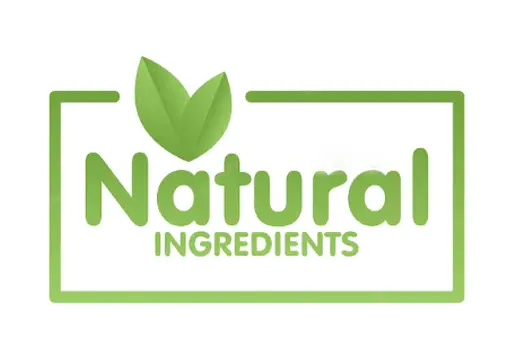Support for Healthy Circulation
Hesperidin Background and Benefits
Hesperidin is a chemical found mainly in the Rutaceae family, citrus fruits. The most common source is bitter orange, known scientifically as Citrus aurantium, which can contain up to 2,500 parts per million of hesperidin. Other citrus fruits such as lemons, limes, and oranges also contain high amounts of hesperidin. Some plants that do not belong to the citrus family, such as peppermint, have high hesperidin content.
French drugstore Lebreton first isolated hesperidin from the inner white layer of citrus fruits, the mesocarp, in 1828. He named it after "hesperidium," a Latin word for citrus fruit. Hesperidin is chemically classified as a flavanone glycoside and also has an aglycone form called hesperetin. A hesperidin molecule consists of a hesperitin molecule attached to a rutinose molecule, which is a disaccharide. This sugar molecule makes hesperidin more water soluble than pure hesperetin.
The main biological function of hesperetin is to protect plants, and it gives citrus fruits their characteristic flavor. Sweet oranges (Citrus sinensis) are the richest source of hesperidin in the diet. The highest concentrations are found in the peel and mesocarp, so orange juice with pulp contains more hesperidin than orange juice without pulp. Hesperidin can be produced inexpensively in high purity because it is a natural by-product of citrus fruit cultivation.
Hesperidin and other related flavonoids such as rutin can reduce capillary permeability, which is their main biochemical effect. These flavonoids may also exert numerous other pharmacological effects. At normal doses of hesperidin and its related compounds, there are no known signs of toxicity.
Uses of Hesperidin
The most common uses of hesperidin supplements involve support of the circulatory system. Specific benefits include immune system support and treatment of the swelling.Signs that you may need hesperidin.
The main signs that you may need hesperidin supplements are signs of unhealthy circulation, including abnormal blood leakage from capillaries or visible bruising. This condition usually leads to malaise, weakness, and night cramps, especially in the legs. Other signs that hesperidin may help you include heaviness, itching, and swelling in the extremities, especially the upper arms. Hemorrhoids and venous ulcers may also indicate that hesperidin supplements may be of benefit to you.





